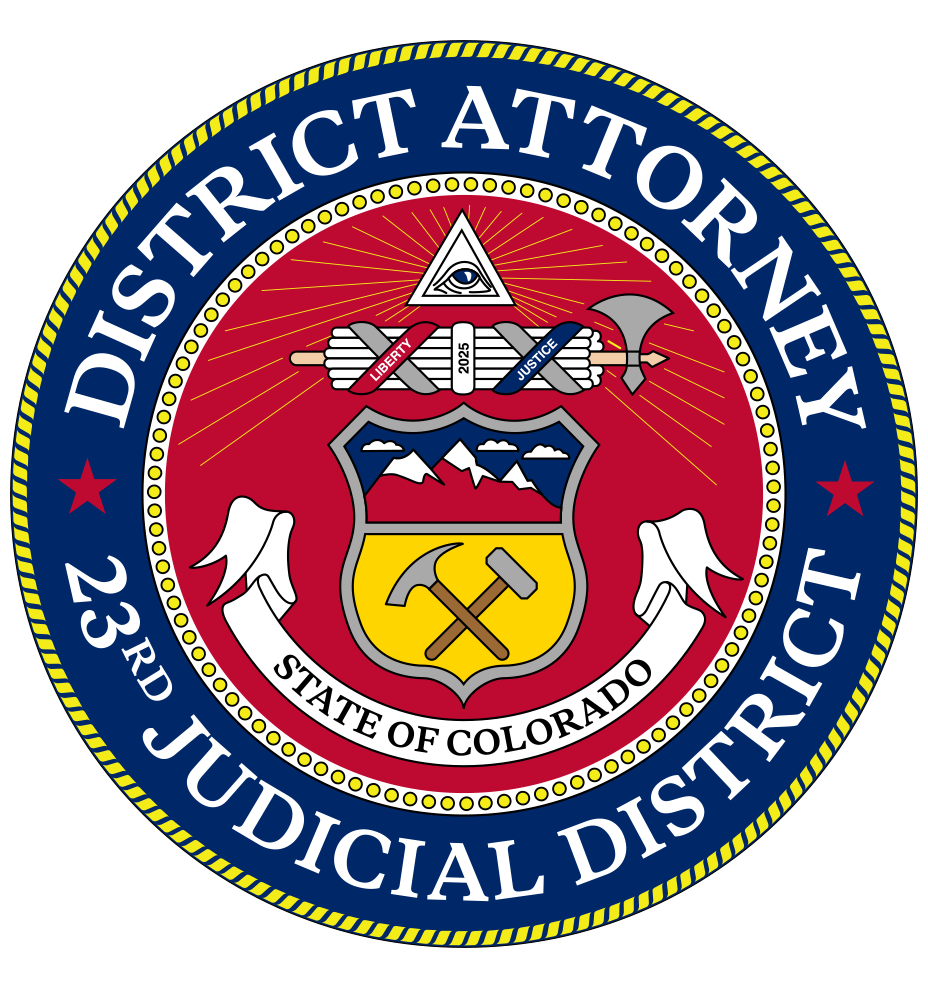Problem Solving Courts (PSCs) seek to provide accountability, promote public safety, and reduce recidivism. The PSCs are a collaborative effort between the prosecution, defense, courts, probation, treatment providers, and law enforcement. Each court uses evidence-based treatment and best practices to supervise high risk offenders following the ten key components developed by the National Drug Court Institute. PSCs use an integrated, team-based system that holds offenders accountable and supports their recovery, which is different than standard treatment and supervision done through probation or community corrections.
This non-adversarial approach to crime was first established in Florida in 1989. Current research shows that PSCs are an effective, cost-saving way to reduce substance abuse, manage mental illness, and increase the likelihood that participants will remain in recovery and reintegrate into the community as contributing members (The Verdict on Drug Courts and Other Problem Solving Courts, Chapman Journal of Scientific Justice, Douglas B. Marlowe, February 22, 2011; Colorado Problem Solving Courts Best Practices manual, October 2010).
Each PSC team includes a representative from the District Attorney’s Office, the Public Defender’s Office, and law enforcement. It also includes the presiding judge, probation officers, treatment providers, a case manager, and the PSC coordinators. Teams meet weekly before the weekly docket to discuss offenders currently in the program as well as review new applicants.
It takes a minimum of 18 months to complete each of the programs, but a more realistic timeframe is 2+ years.
A Problem Solving Court steering committee meets quarterly to discuss changes and updates in order to maintain fidelity to the program. The District Attorney’s office attends and actively participates on this committee.
To be eligible for WC, applicants must be charged with a felony and must have an Axis I mental health diagnosis (sex offenders are not eligible). Offenders are screened and evaluated before being presented to the WC team. The WC team reviews each case and offender to determine acceptance. Once accepted, participants in WC must advance through four phases before successfully graduating from the program. Each phase has a number of requirements, allowing offenders more autonomy as they work through the program.
A prosecutor is an active member on the WC team. The prosecutor is responsible for participating in new applicant screenings as well as weekly staffings of current participants. After an offender is accepted by the team, the WC prosecutor extends an appropriate plea offer in conjunction with the prosecutor initially assigned to the case. Once an offender has pled into WC, the WC prosecutor’s role is to work with the WC team to determine appropriate treatment modalities and appropriate incentives and sanctions for participants.
In addition to reviewing applicants and managing the WC docket, the assigned prosecutor attends weekly court and all graduations. The prosecutor also attends training at least annually with the WC team.
This jurisdiction established the Recovery Court (RC) to address criminal offenders with diagnosed substance dependence. To be eligible, applicants must face felony probation revocation (sex offenders are not eligible). Qualifying offenders are screened and evaluated before admission into RC. The RC team reviews all applications after the initial screen and evaluation to determine acceptance into the program. RC participants must advance through four phases before successfully graduating from the program. Each phase has a number of requirements, allowing offenders more autonomy as they work through the program. The prosecutor on the RC team is responsible for participating in new applicant screenings as well as weekly staffings of current participants. Once accepted to RC, the RC prosecutor extends a plea offer and the applicant’s case(s) is/are moved to the RC division. Once an offender has pled into RC, the prosecutor’s role is to work with the RC team to determine appropriate treatment modalities and appropriate incentives and sanctions. In addition to reviewing applicants and managing the docket, the assigned prosecutor attends weekly court and all graduations. The prosecutor also attends training with the RC team at least annually.
The Veterans Treatment Court (VTC) was established for offenders who are veterans struggling with service trauma-related issues. To be eligible, applicants must have served in the armed forces and have a service-related Axis I diagnosis. The VTC focuses on offenders with PTSD or TBI related to their service, but includes other mental health diagnoses. Preference is given to applicants with felony offenses, but applicants with misdemeanor offenses may apply (sex offenders are not eligible). VTC participants must advance through four phases, before successfully graduating from the program. Each phase has a number of requirements, allowing offenders more autonomy as they work through the program. The VTC prosecutor is responsible for participating in new applicant screenings as well as weekly staffings of current participants. Once an offender is accepted, the VTC prosecutor determines appropriate offers on cases to ensure public safety in the event the applicant does not successfully complete VTC. Once an offender pleads guilty, the prosecutor’s role is to work with the VTC team to determine appropriate treatment, incentives, and sanctions. Veterans Treatment Courts are newer, but follow the Drug Court model initially used in 1989, with growing success over the years. Peer-reviewed studies have consistently shown that this type of treatment court model dramatically reduces recidivism and saves taxpayer’s funds. Nationwide, VTCs are serving over 13,000 veterans in 264 treatment courts.

